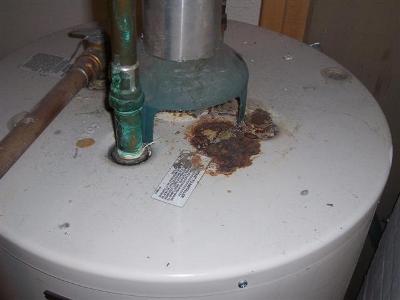The rapid urbanization in the country has spawned a parallel demand for potable water; the country is expected to require 570.0 cubic meters per second in 2015. There is also a strong focus on the quality of the potable water, which creates ample opportunities for the suppliers of water and wastewater treatment chemicals.

The federal government is investing in improving the quality of sanitation and infrastructure. Until 2014, year in which Brazil will host the FIFA World Cup, all works related to treatment stations and pipe line laying is expected to be completed under the ambit of the Program for Growth Acceleration (PAC).
“The Brazilian federal government, along with the PAC 2, recently infused $10 billion into projects for the construction and development of new water and wastewater treatment stations,” said Frost & Sullivan Chemicals Research Analyst Mariana Guercia. “As this treated water is mainly meant for urbanized areas, the projects boost the sale of water and wastewater treatment chemicals in the municipal market.”
Although there are substantial business opportunities, the market is pegged back to some extent by the lack of public investment or partnership with the private sector. The red tape involved in obtaining financing makes the projects unviable in the short term. Only 0.22 percent of the Brazilian gross domestic product (GDP) is dedicated to the sanitation sector.
If Brazil raised the percentage of GDP dedicated to sanitation to 0.63 percent, the country would be able to offer basic sanitation to the entire population within two decades. Privatization of water supply companies or public-private partnerships can facilitate the access to private credit for expansion projects.
Meanwhile, the constant use of chemicals in water and wastewater treatment has sparked health concerns among consumers. Water treatment plants are evincing interest in organic chemicals due to their lower environmental impact, especially with the lowering of the permissible quantity of harmful chemicals, the report said.
“To comply with regulations and standards, chemicals manufacturers need to review product performance in water and wastewater treatment,” noted Frost & Sullivan Chemicals Research analyst Gustavo Ferrari. “They also have to identify opportunities to develop new products, giving due consideration to environmental safety and sustainability.”
